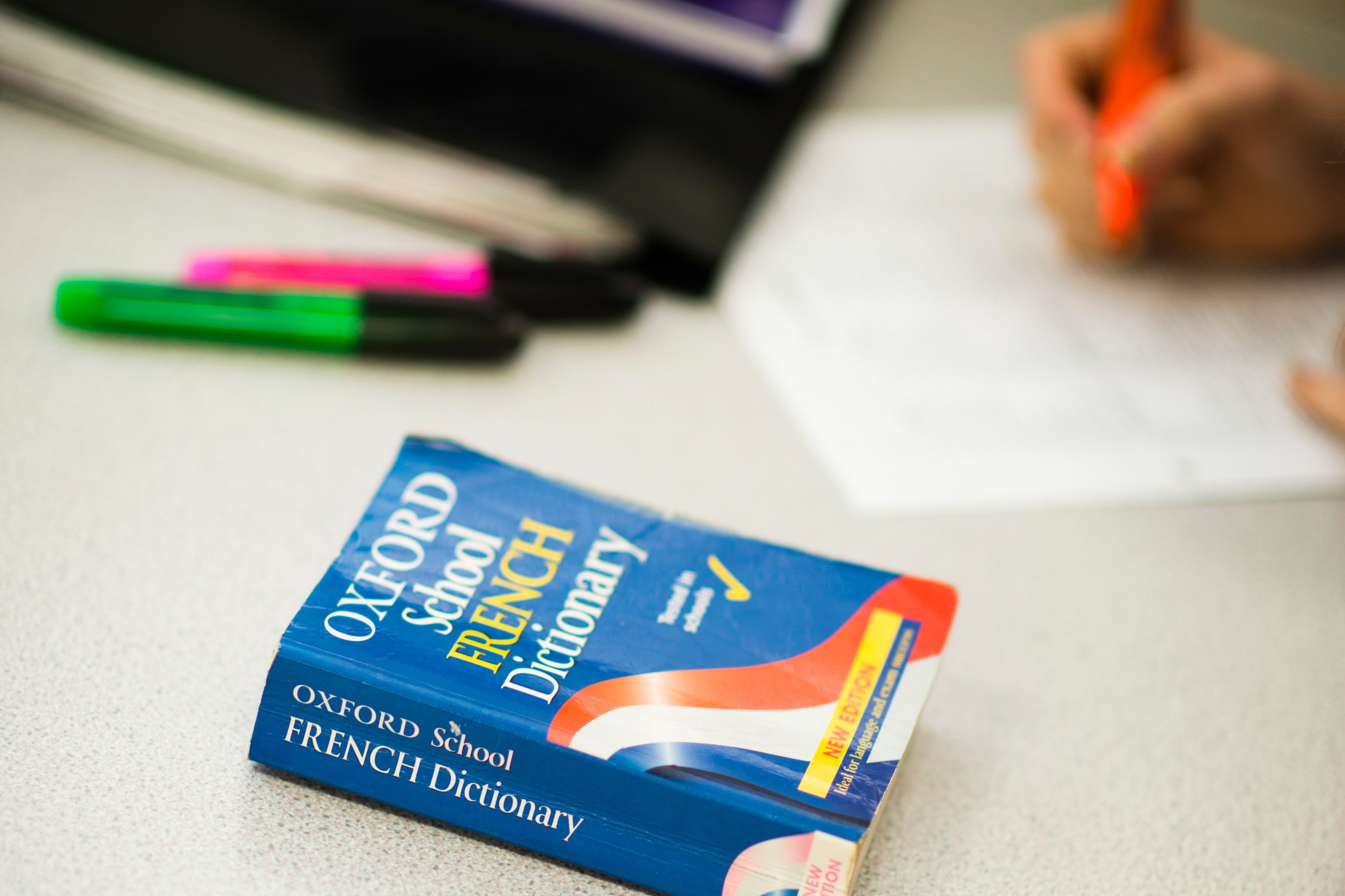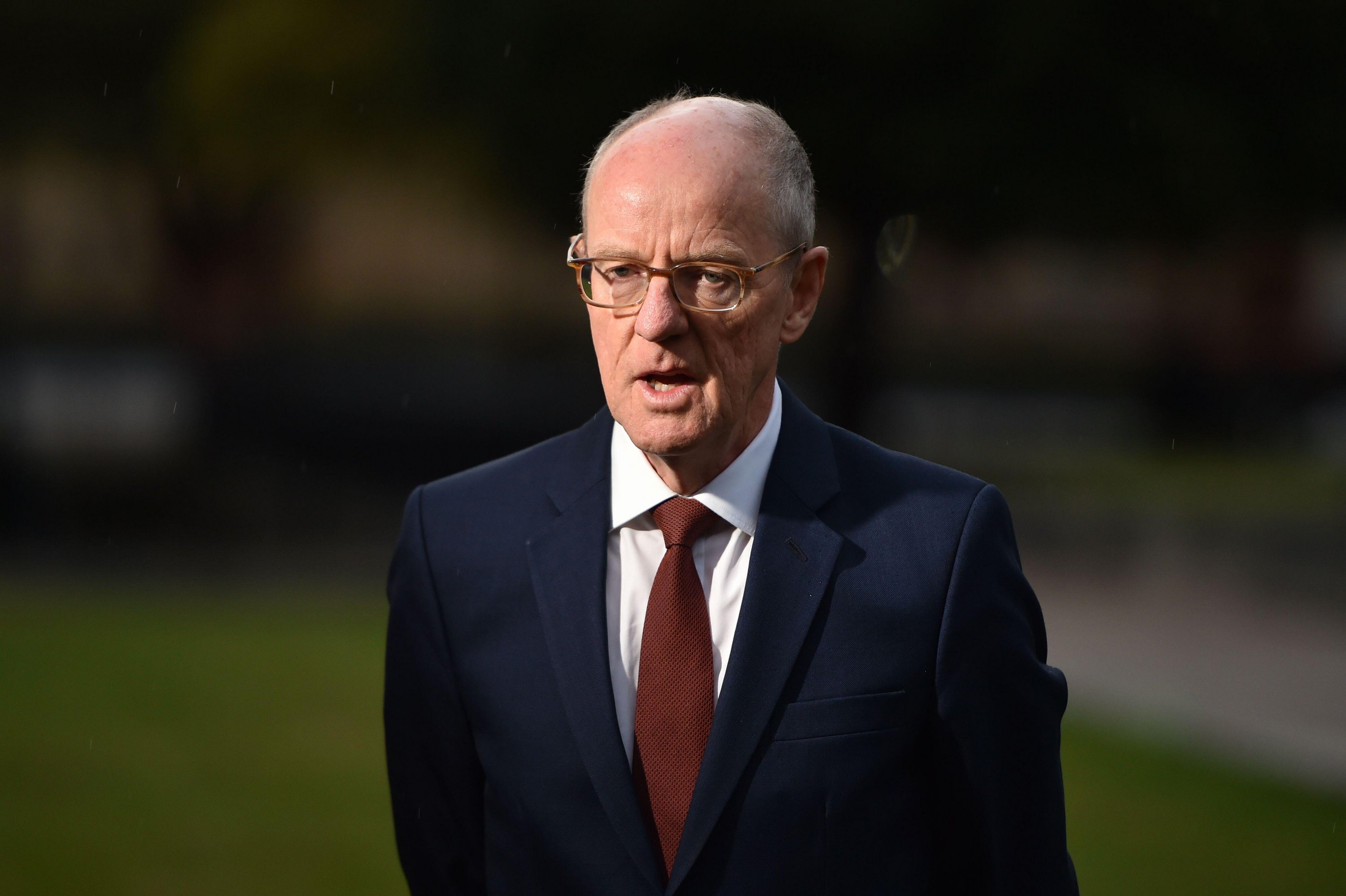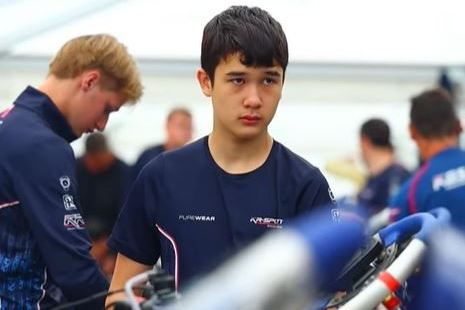The refusal of Britons to speak another language damages the country’s reputation as a global player, according to the former schools minister.
Nick Gibb said the government should consider making languages compulsory at GCSE, reversing a decision taken two decades ago.
On Thursday hundreds of thousands of teenagers will receive their GCSE results in England, Wales and Northern Ireland. About a fifth are expected to achieve at least a grade 7 or A. Spanish is expected to have overtaken French for the first time but language entries in general — particularly German — have plummeted in recent years.
Gibb helped oversee GCSE reform in the 2010s alongside Michael Gove, a decade after languages became optional.
He told The Times: “It’s regrettable and very bad for Britain’s reputation that we seem to refuse to speak other people’s languages. Businesses will always want these people [who speak foreign languages], they will employ people from elsewhere or from private schools. It’s damaging to our reputation as a global player.”
Gove and Gibb introduced the English baccalaureate (EBacc) grouping, which was supposed to drive up language entries by measuring schools on how many pupils took English, maths, a science, humanities and language at GCSE.
The target was for 90 per cent of children to be taking all five EBacc subjects by this year but it has stalled at about 40 per cent, mainly because of the lack of language entries.
• What to do now if you didn’t get the GCSE results you wanted
Gibb said: “There was an initial jump in languages [after the EBacc introduction] then it tailed off although we have seen a big surge in history, geography and individual sciences.” He said the reason that his government had not initially made languages compulsory was that low numbers meant it was not possible overnight.
“But if the EBacc is not working then the government should consider whether, over a period of time, it makes it [a language] compulsory over a long lead-in time. You could say for example, the intent is that the compulsion at GCSE would return by 2030, for Year 7 students starting this September.”
Gibb said caution was needed with policy changes to ensure there were enough language teachers.
Provisional figures for England indicate German will suffer the biggest annual fall in any GCSE subject this year, of 7.6 per cent, down to about 32,400. French fell 1.9 per cent to just over 128,000 while nearly 43,000 took other modern languages — a total of about 335,000 out of 5.7 million entries.
Spanish is up 1.6 per cent to nearly 132,000.
In 2004, the last year that a language was compulsory at GCSE, in England 118,000 pupils took German, 296,000 took French, 59,600 took Spanish and 28,600 took other modern languages — a total of more than 502,000 out of 5.35 million entries

About 128,000 pupils took GCSE French this year
ALAMY
While only 40 per cent of pupils entered the EBacc combination of GCSEs in 2023-24, 86 per cent took four of the five subjects. Eighty-nine per cent of these were missing languages, up from 86 per cent in 2019.
Gibb, who has co-written a book called Reforming Lessons about the changes he introduced, also criticised schools for starting to teach GCSE-type questions too early, in Years 7 and 8. This can put children off reading for pleasure at the start of secondary school, he said. “Some teach the text for five years, it’s terrible. You shouldn’t be analysing text you will cover at 15 at the age of 12. If I had been in office longer I would have done something about that.”

Nick Gibb, the former schools minister
ALAMY
Gibb said schools should introduce pupils to more challenging books as a class, showing them how to tackle harder material to prepare them for GCSEs. “It would give them the confidence to read Dickens on their own,” he said. “I think there’s no age limit for being read to. We were read to until sixth-form when at school. It’s easier to understand text that is read to you.”
• The Times view: Culture and horizons of young Britons limited without language
Gibb praised schools in the David Ross Education Trust, which have teachers reading aloud to pupils each day during tutor time.
‘Languages put me on the right road’
Kai Veitch is bucking the trend of falling language study by choosing to study German for a specific reason: he wants to race for Mercedes. The 15-year-old karting talent has set his sights on Formula 1, and one day hopes to drive for the German team (Georgia Lambert writes).

“When I first decided to take the subject, I did it because I wanted to try and drive for Mercedes one day,” he said, adding that his other choices in computer science and geography would also benefit his career.
As he heads into Year 11 this September, Veitch is not only preparing for his GCSEs next year but also racing full-time across Europe in the Senior Rotax class, competing against adult drivers in elite karting championships.
A student at Minerva Virtual Academy, an online school offering one-to-one mentoring and flexible pacing for Send learners and others requiring adaptable options, the teenage chose a more adaptable educational path after mainstream schooling proved unable to meet his needs.
“I’m aiming to race in Formula 4 next year, and I know a lot of the top teams are based in places like Germany and Italy. Even just understanding some of the language helps with communication. If you want to go far in motorsport, it’s not just about speed; it’s also about how well you work with your team. Language plays a part in that,” Veitch said.
“Now that I’m racing across Europe, I see how languages help in real situations, talking to engineers, teams, or even just showing respect in another country. In a sport like this, it gives you an edge.”
Kai began karting at 11 and moved to the senior class at 14 to challenge himself against adult competition. He races most weekends and trains between events. Despite the travel demands, he continues his full academic study through the online school. “It means I can keep learning while I’m away racing. I log into classes from hotels or trackside, and I have deadlines like everyone else. It’s not easier, it’s just more flexible.”
